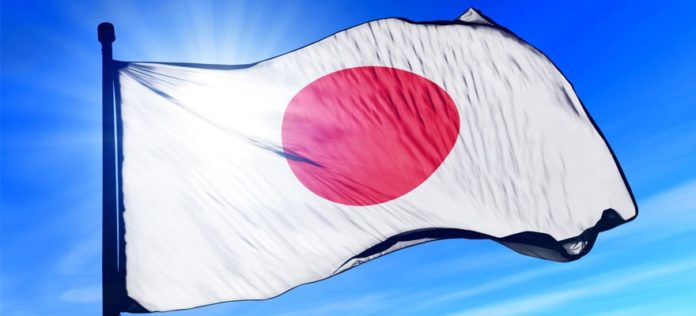
The Virtual Currency Exchange Association, the Japanese cryptocurrency industry’s self-regulatory organisation, has applied for a licence from the country’s official financial watchdog.
The JVCEA wants to legally contribute “to the sound development of the virtual currency exchange industry and the protection of the interests of users.” According to the Asia Times, the authorisation would grant the association the title of ‘certified fund settlement business association’ and make the system of self-regulation official. The JVCEA also intends to participate in the creation of cryptocurrency legislation in the country.
At the moment, JVCEA rules are not legally enforceable. Compliance is dependent on the need to maintain a good reputation, which in Japan is particularly important.
Formed in the wake of a disaster
The JVCEA is comprised of the 16 licensed cryptocurrency exchanges of Japan. It was formed after $530 million worth of a cryptocurrency called NEM was stolen from Coincheck, Japan’s largest cryptocurrency exchange at that time. The theft took place in January 2018.
In June 2018, the JVCEA published regulatory guidelines, which spanned more than 100 pages. Amongst the suggestions was a limit on the credit that exchanges can extend to their customers to 1:4, very low when compared to the 1:25 allowed for foreign exchange companies. It also suggested a prohibition on cryptocurrencies designed for anonymity, such as Monero and Zcash.
Suggested articles
The DasCoin Blockchain Is Now Twice as FastGo to article >>
The reaction of the Financial Services Agency to that heist was to raid Coincheck’s offices with ten officials and seize computers and documents for evidence. It went on to carry out inspections of all of the regulated exchanges, and issue business improvement orders where necessary. Several companies decided to shut themselves down as a result of this scrutiny, but only one has been closed by the watchdog so far – FSHO of Yokohama, which was also the only entity to receive two warnings. The FSA labelled it a “corporation that has not established a system to properly and reliably carry out [services] in the virtual currency exchange industry.”
On its part, Coincheck managed to render the stolen funds useless by tracking them, and promised to pay victims back at 81 cents to the dollar.
Two-month examination
In order to receive its licence, the JVCEA will have to submit to the FSA carrying out an examination lasting two months, in which it will the authority will “carefully examine the affairs of the Association and investigate whether proper group management can be expected.”
Japan was early to cryptocurrency consciousness, creating a relevant licence for cryptocurrency exchanges in April 2017 and granting one to eleven cryptocurrency exchanges he following September.
Self-regulation
Self-regulatory organisations have popped up in a few places as a result of most national financial watchdogs failing to adequately and sensibly address the new industry. These organisations are useful because they indicate to a government that the industry is legit, and because they lend of respectability to participating businesses. Examples include CryptoUK, which has already addressed the UK parliament, the Blockchain Alliance CEE in Slovenia and Udruga za Blockchain i Kriptovalute in Croatia.

Financemagnates.com is author of this content, TheBitcoinNews.com is is not responsible for the content of external sites.
Our Social Networks: Facebook Instagram Pinterest Reddit Telegram Twitter Youtube










